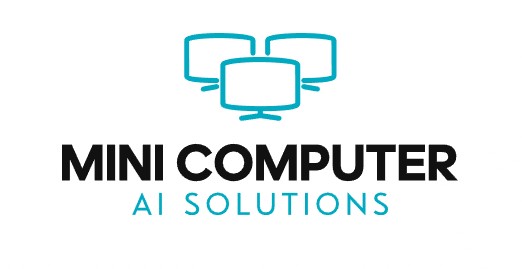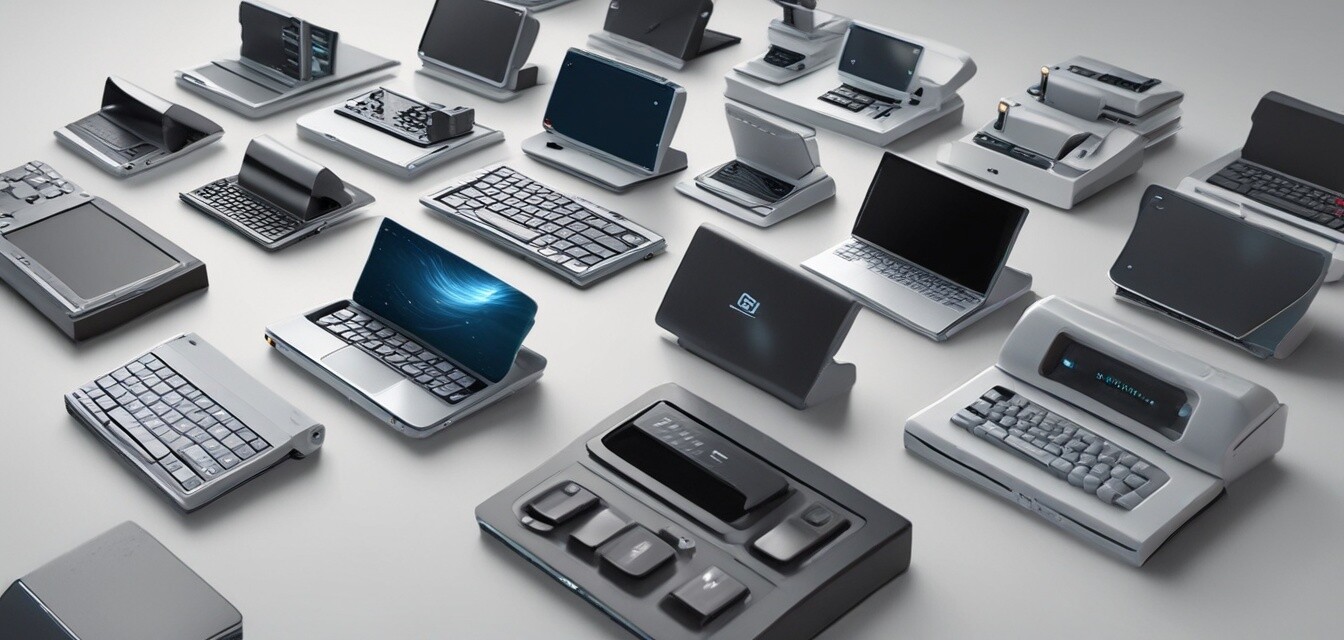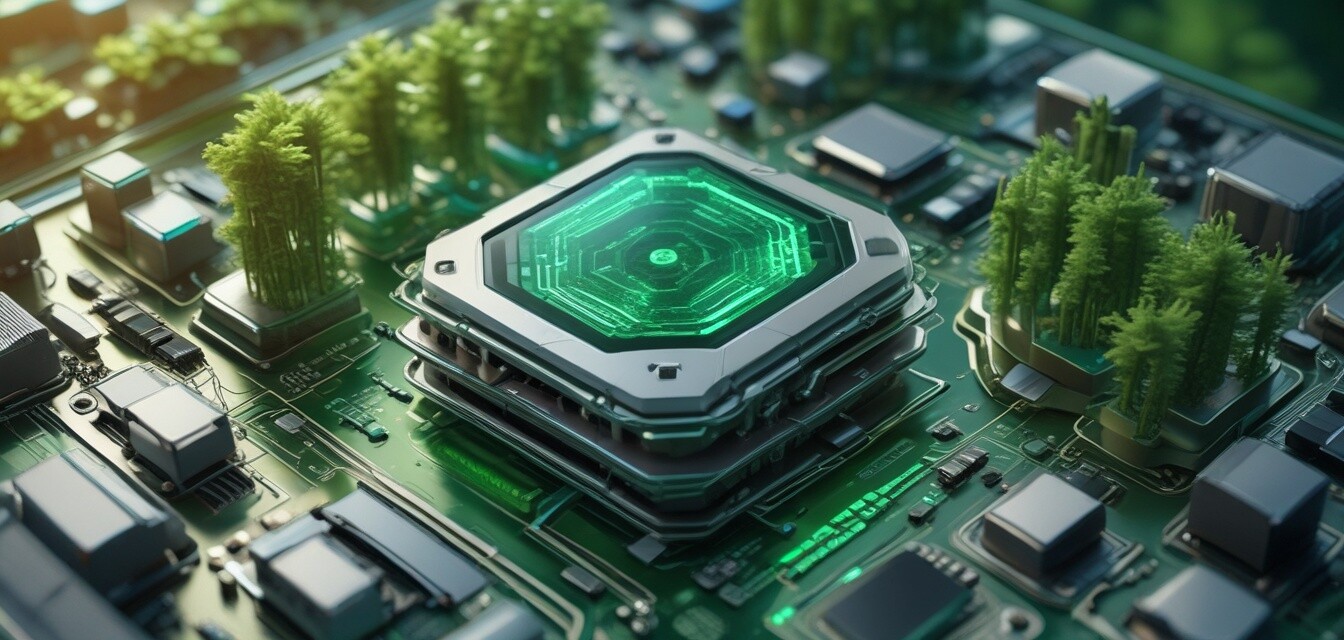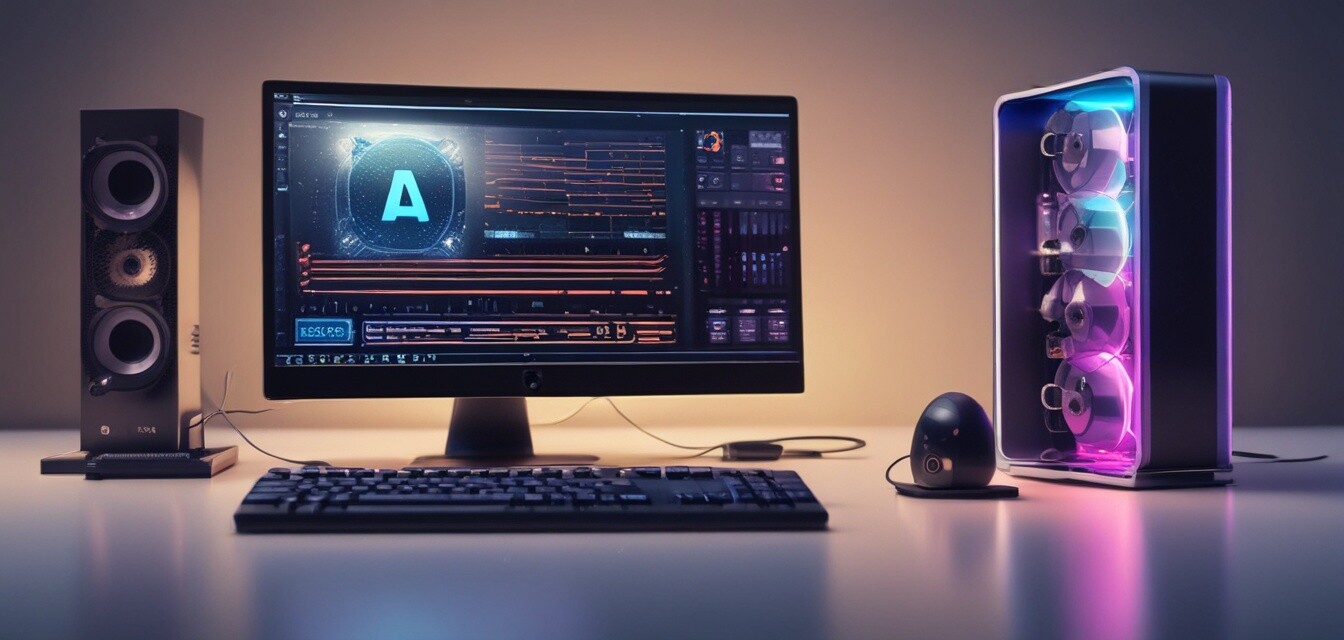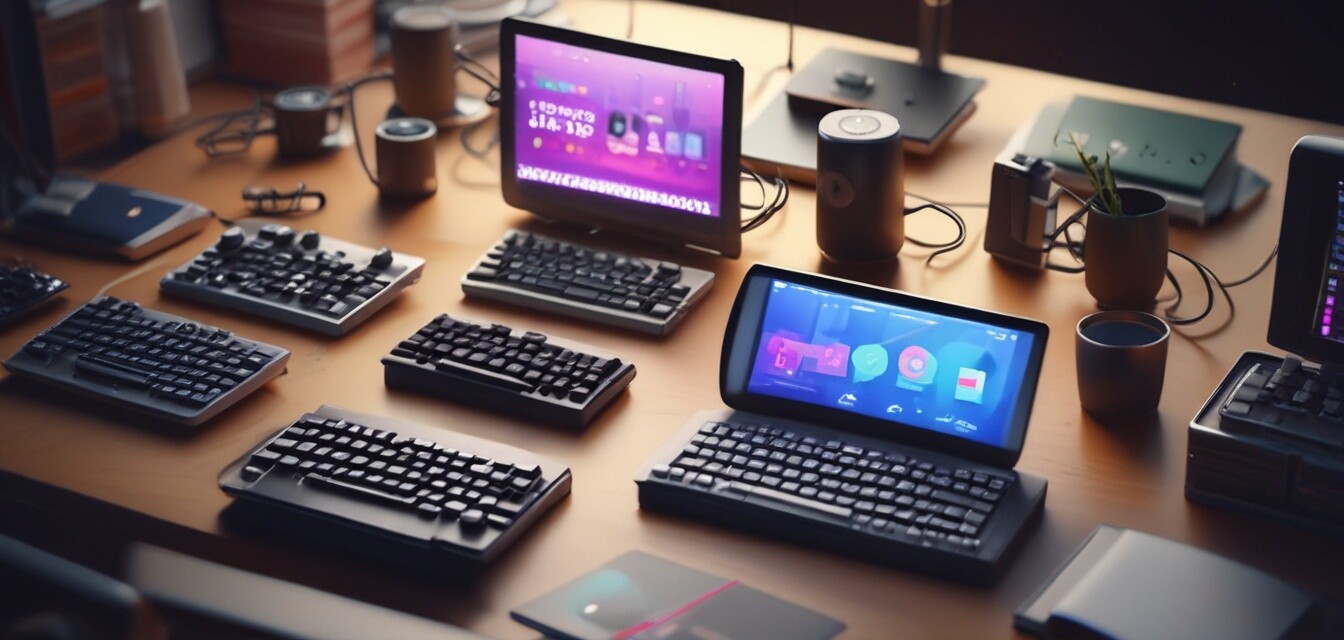
Industrial Applications of Mini AI Computers
Key Takeaways
- Mini AI computers are transforming industrial processes across various sectors.
- They enhance efficiency, reduce costs, and enable real-time data processing.
- Applications range from manufacturing to agriculture, logistics, and beyond.
- Integration with IoT devices is crucial for maximizing their potential.
As industries evolve, the demand for efficient and compact technologies has soared. Mini AI computers have emerged as game-changers, providing powerful computing capabilities in a small footprint. This article explores the various industrial applications of mini AI computers and how they are optimizing operations in different sectors.
What are mini AI computers?
Mini AI computers are compact computing devices equipped with artificial intelligence capabilities. They are designed to perform complex tasks, analyze data, and enhance decision-making processes within various industries. Their small size allows for easy integration into existing systems, making them ideal for environments where space is limited.
Applications in various industries
1. Manufacturing
In the manufacturing sector, mini AI computers are utilized for predictive maintenance, quality control, and process automation. By analyzing data from machinery in real-time, these devices can predict failures before they occur, thus minimizing downtime and maintenance costs.
| Application | Benefits |
|---|---|
| Predictive Maintenance | Reduces machine downtime and maintenance costs. |
| Quality Control | Ensures products meet quality standards through real-time analysis. |
| Process Automation | Increases efficiency and reduces human error. |

2. Agriculture
Mini AI computers are reshaping agriculture by enabling precision farming techniques. They analyze soil conditions, weather patterns, and crop health, assisting farmers in making informed decisions that maximize yield and sustainability.
Pros
- Increases crop yield through data-driven insights.
- Optimizes resource usage, such as water and fertilizers.
- Facilitates remote monitoring of agricultural fields.
Cons
- Initial setup and integration can be costly.
- Requires ongoing maintenance and software updates.
3. Logistics and Supply Chain
In logistics, mini AI computers enhance supply chain management by optimizing routes, tracking shipments in real-time, and forecasting demand. This leads to reduced delivery times and improved customer satisfaction.
| Feature | Traditional Methods | Mini AI Computers |
|---|---|---|
| Route Optimization | Manual calculations | Real-time data analysis |
| Shipment Tracking | Periodic updates | Continuous monitoring |
| Demand Forecasting | Historical data | Predictive analytics |

4. Healthcare
The healthcare industry is also leveraging mini AI computers for patient monitoring, data analysis, and support in diagnostic processes. These devices help in improving patient care and streamlining operations within healthcare facilities.
Integration with IoT Devices
The effectiveness of mini AI computers is significantly enhanced when they are integrated with Internet of Things (IoT) devices. This combination allows for seamless data exchange and real-time analytics, leading to smarter decision-making across various applications.
- Smart Sensors: Collect data from the environment or equipment.
- Data Analytics Platforms: Process and analyze data for actionable insights.
- Cloud Services: Store and manage data efficiently for access from multiple locations.
Future Trends in Mini AI Computing
As technology advances, the future of mini AI computers looks promising. Trends include increased processing power, improved energy efficiency, and enhanced connectivity with IoT. These developments will further empower industries to adopt AI technologies and streamline their operations.
Tips for Implementing Mini AI Computers
- Assess your specific needs and choose the right mini AI computer for your operations.
- Ensure compatibility with existing systems for smoother integration.
- Invest in training for staff to maximize the benefits of AI technology.
- Monitor and evaluate performance regularly to make necessary adjustments.
Conclusion
Mini AI computers are revolutionizing industrial applications, offering unprecedented capabilities that enhance productivity and efficiency. As industries continue to adopt this technology, the potential for innovation and growth is limitless. Embracing mini AI computing can lead to significant improvements in various sectors, making it a worthwhile investment for the future.
